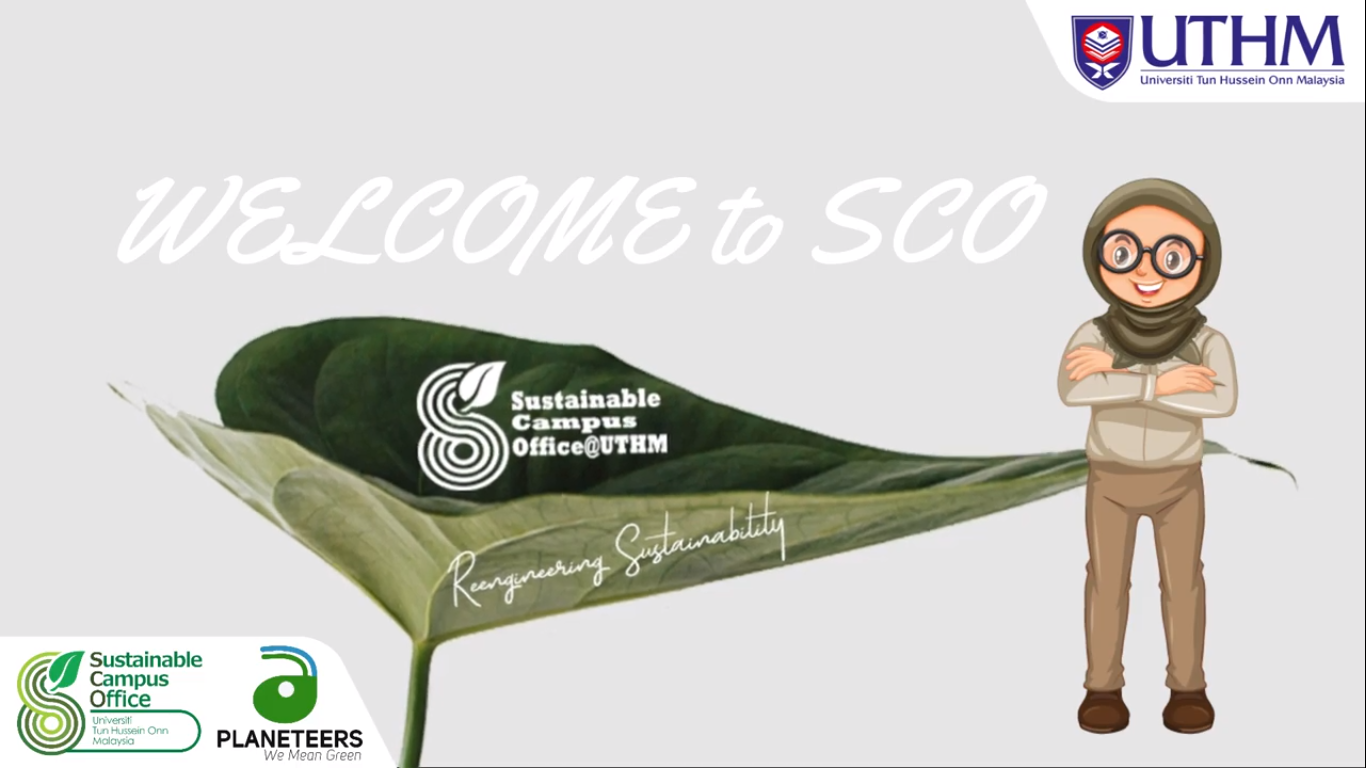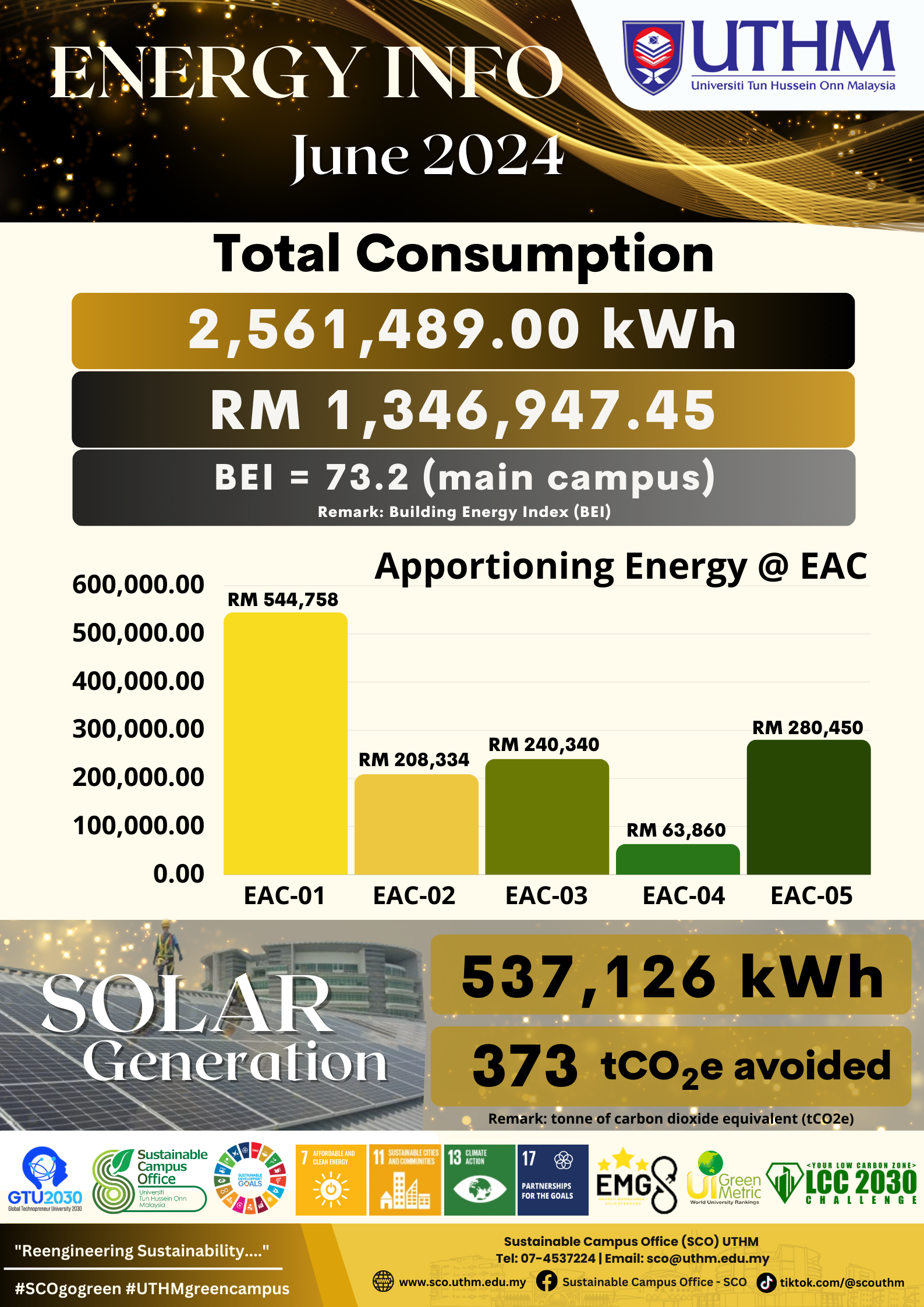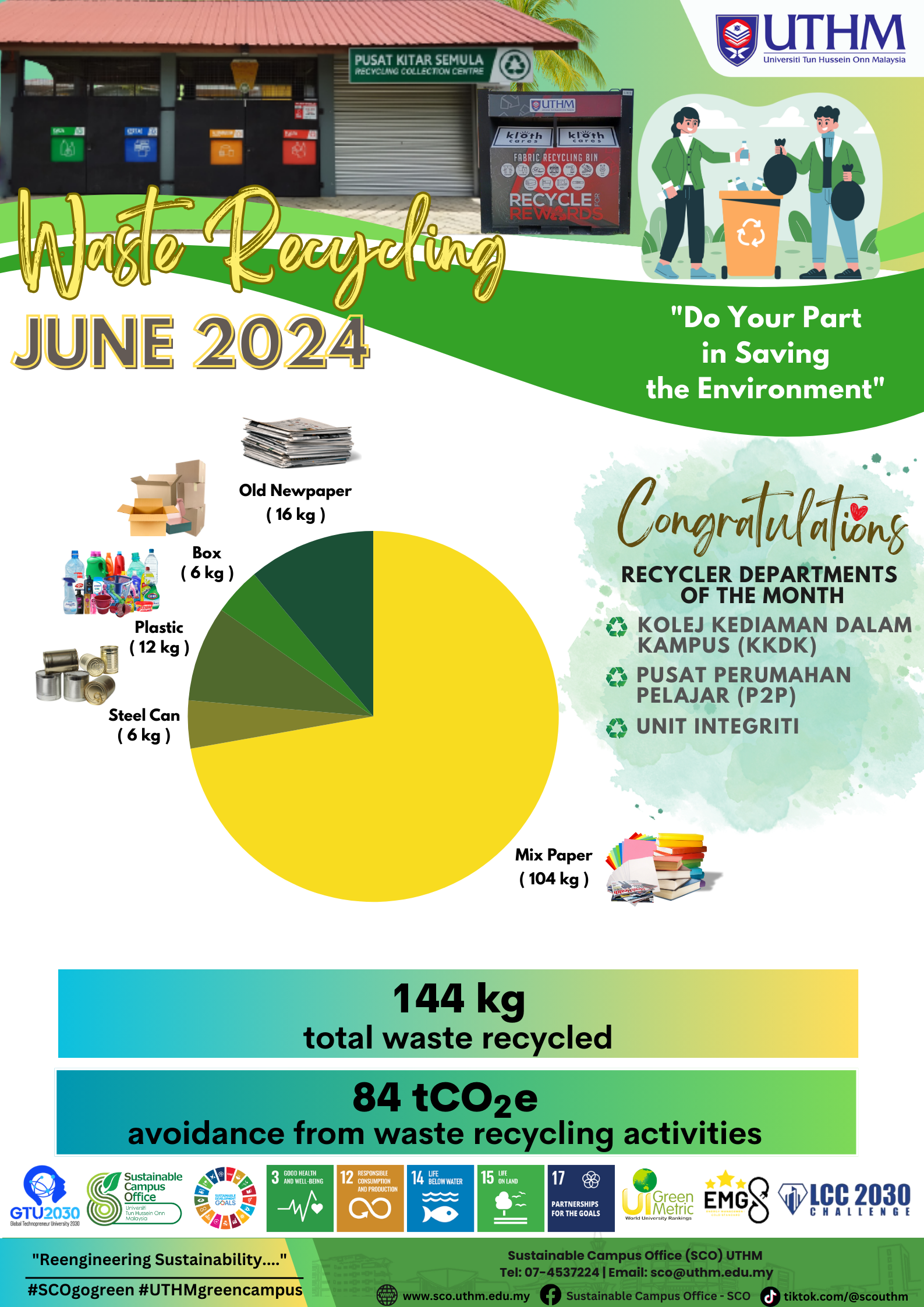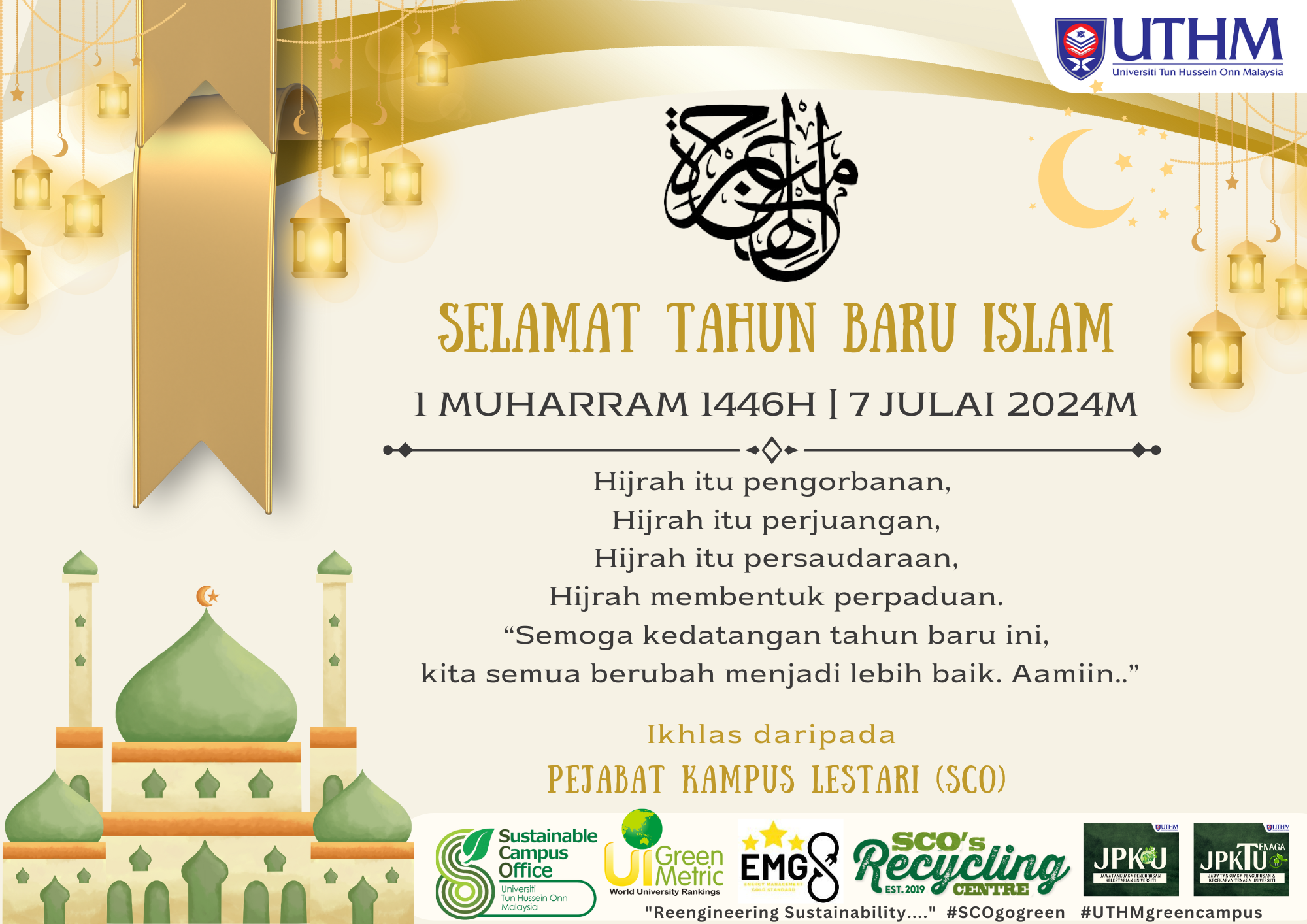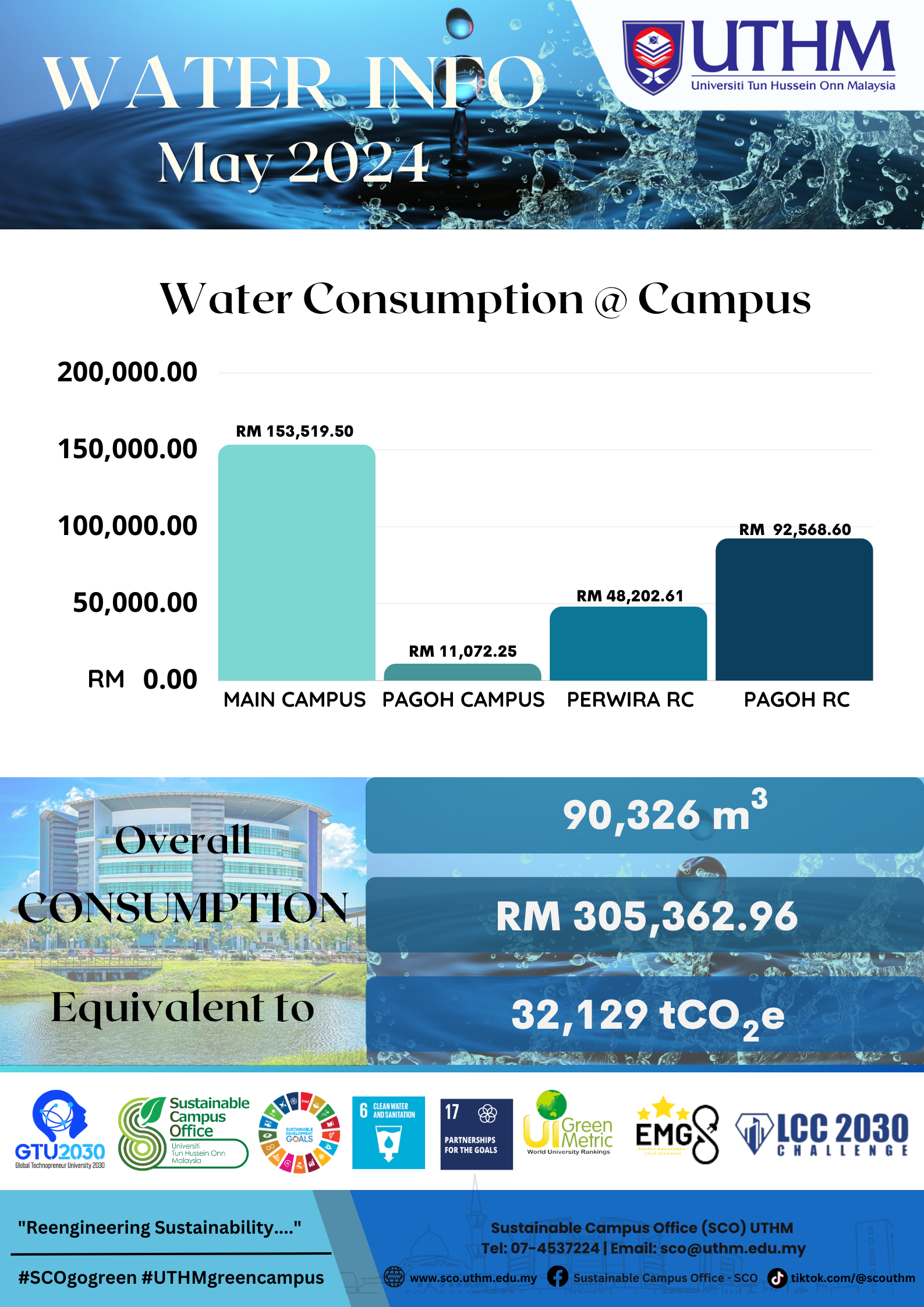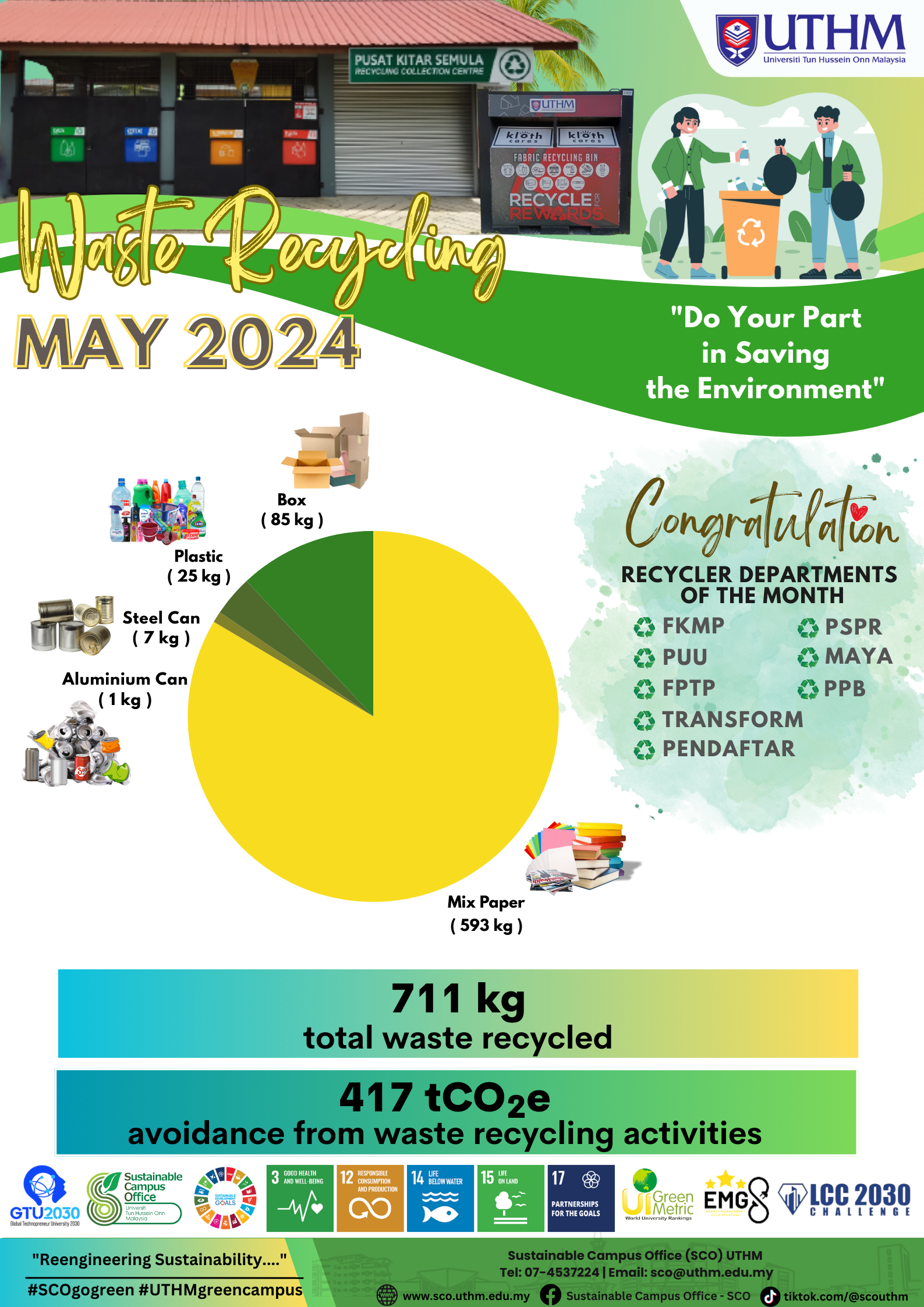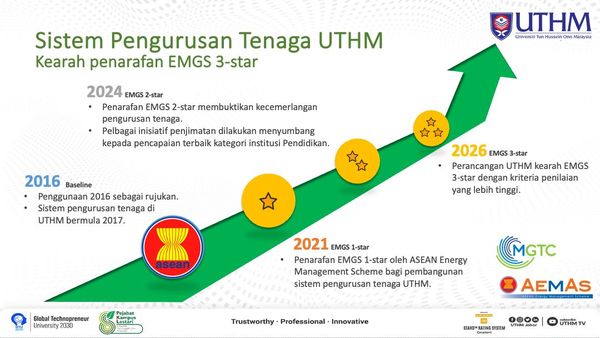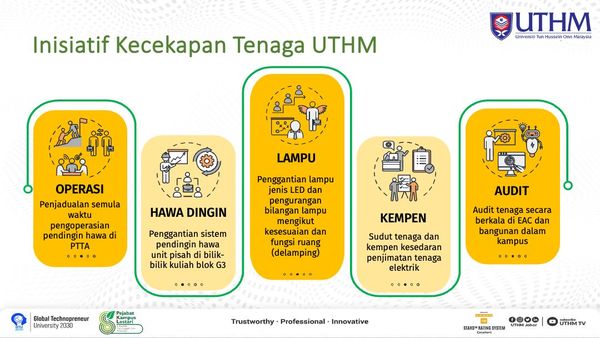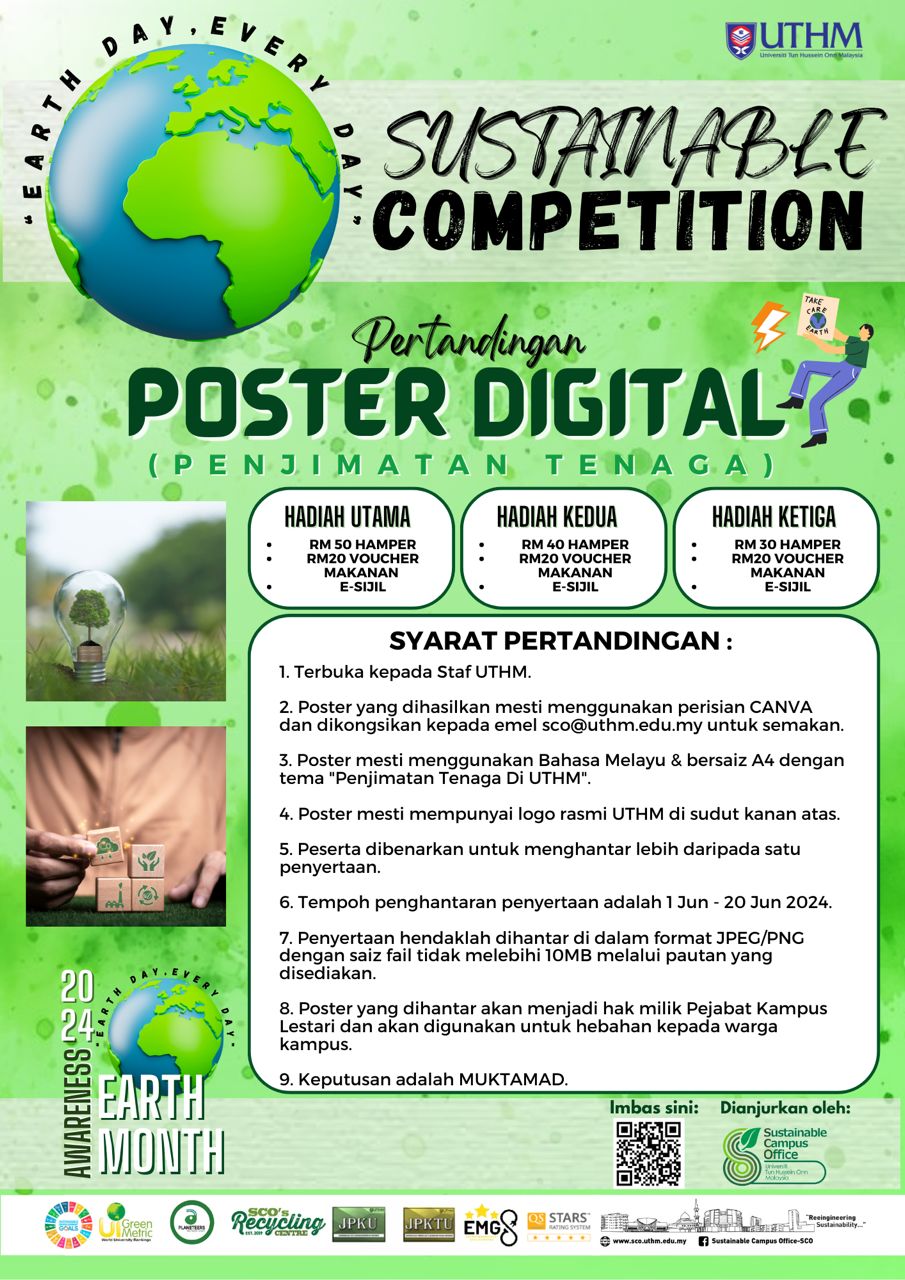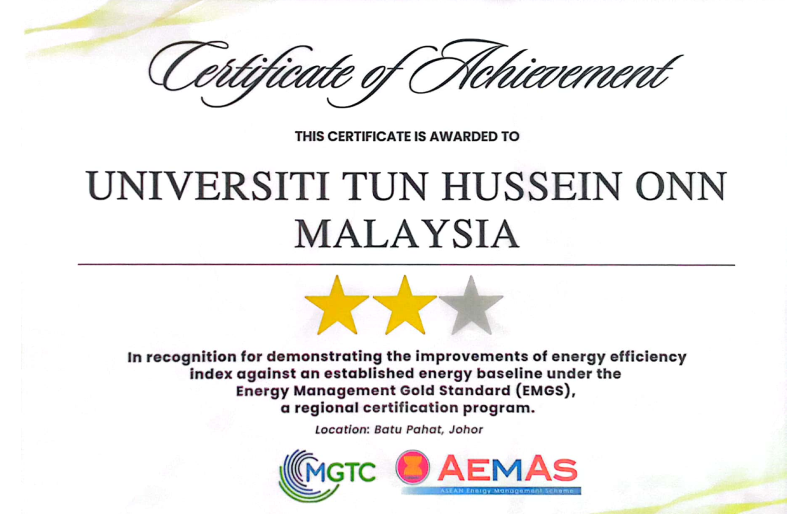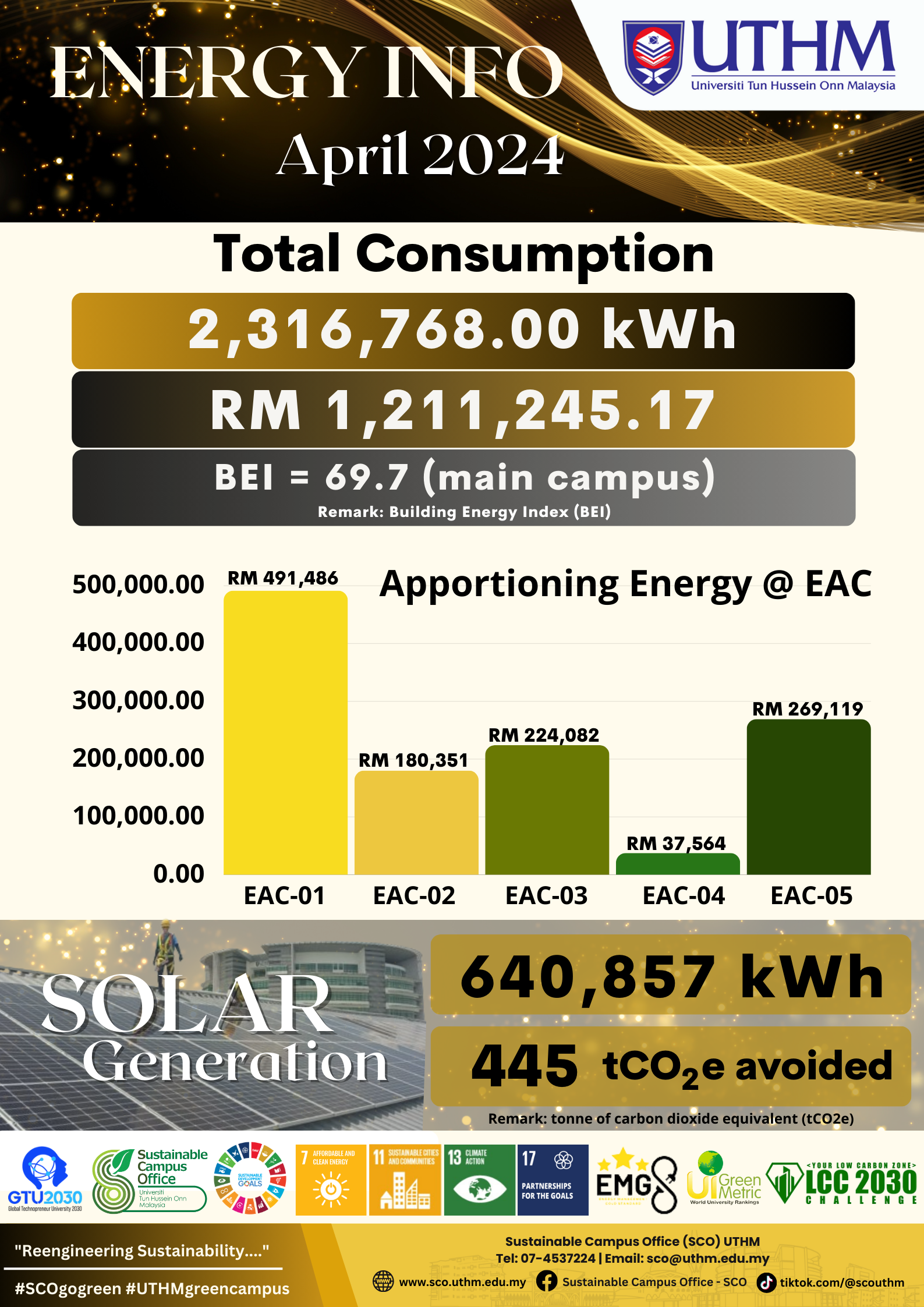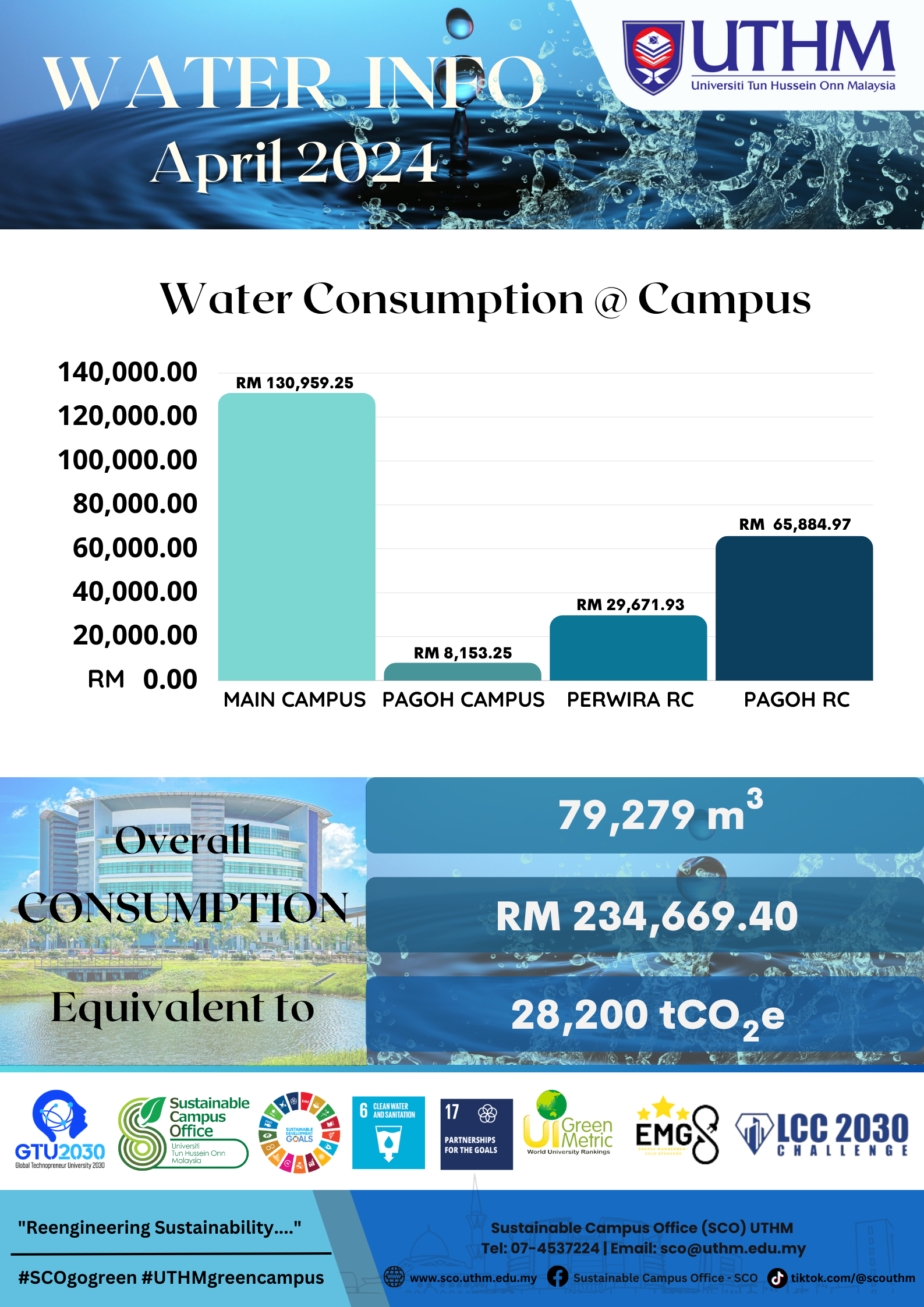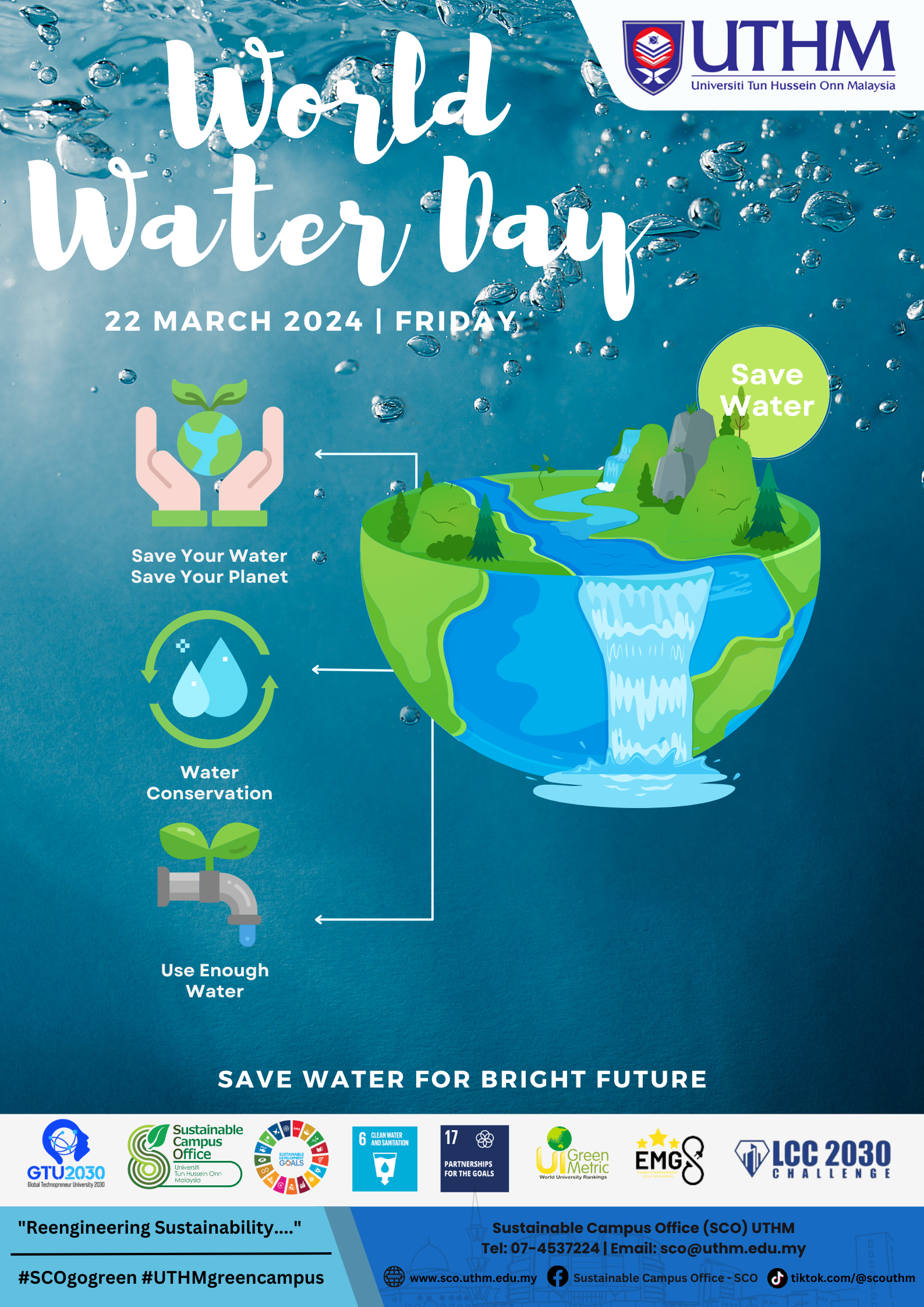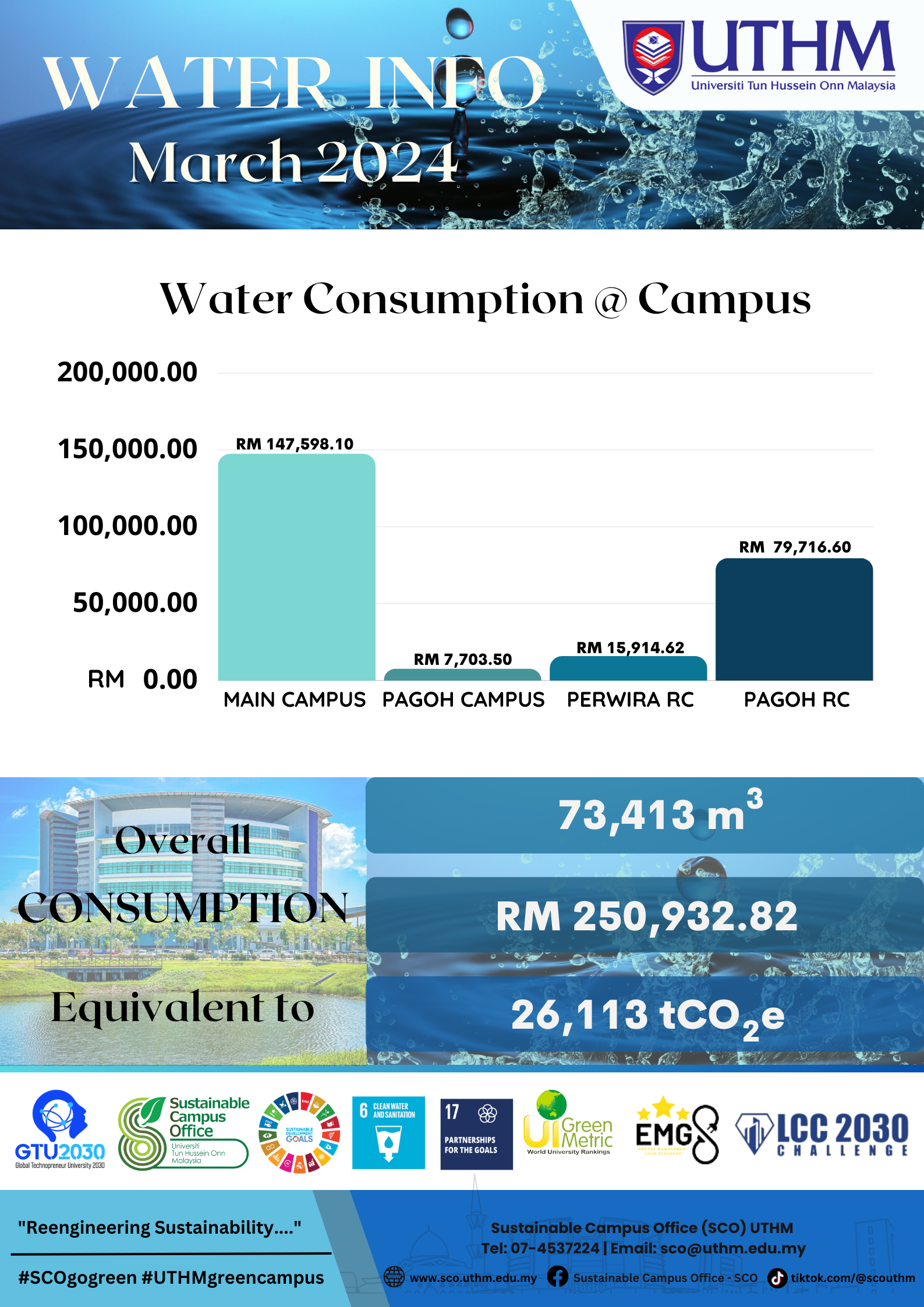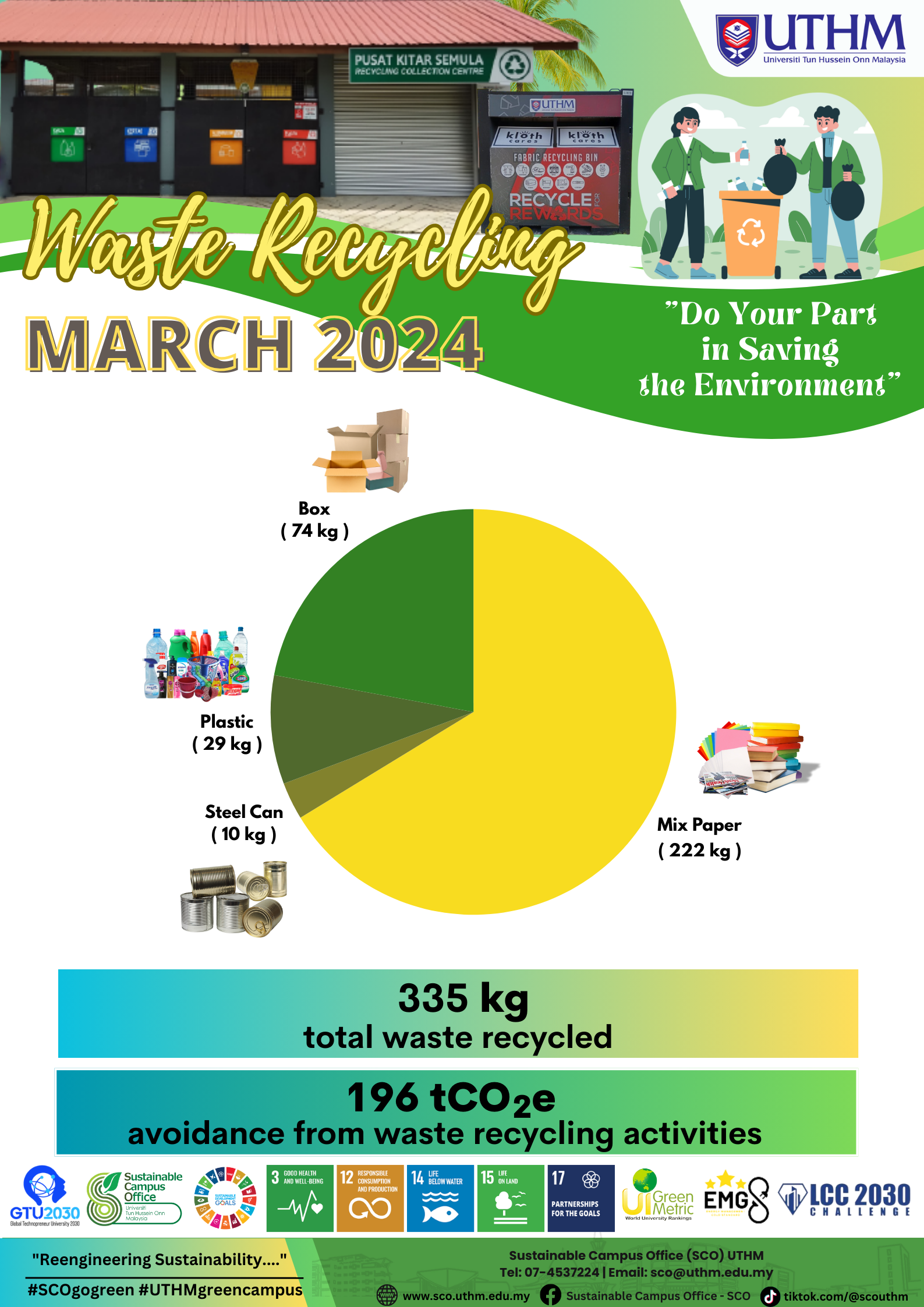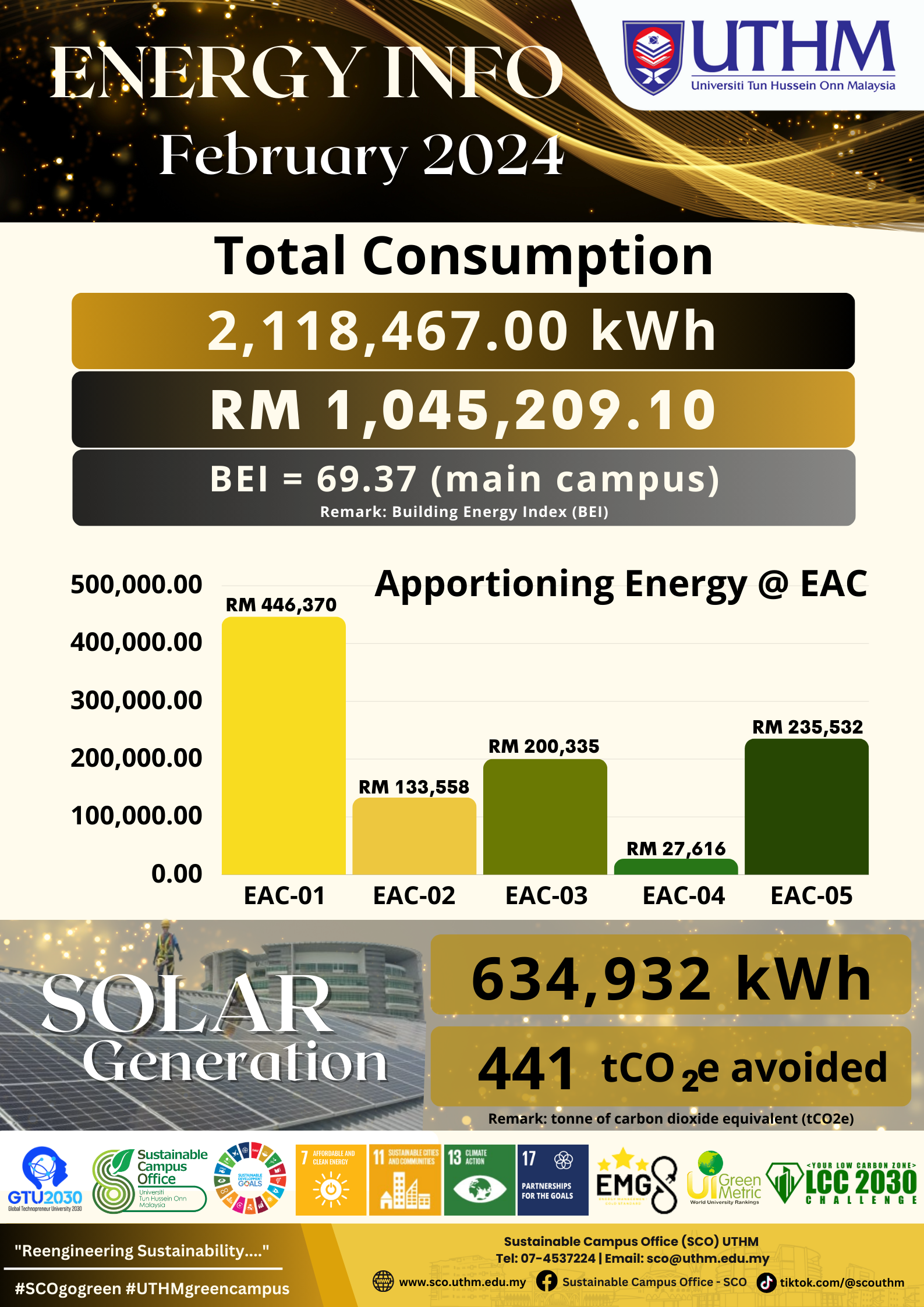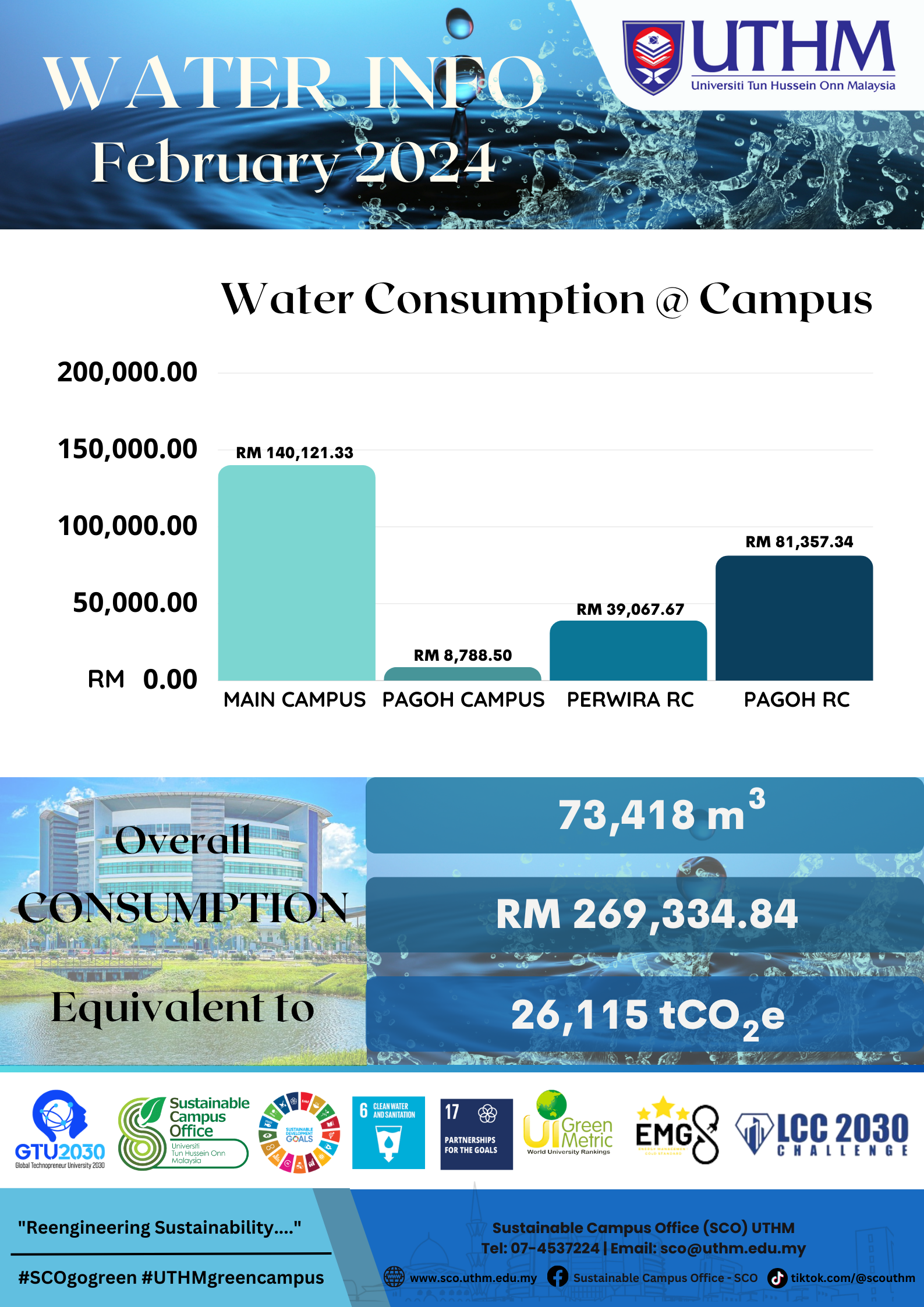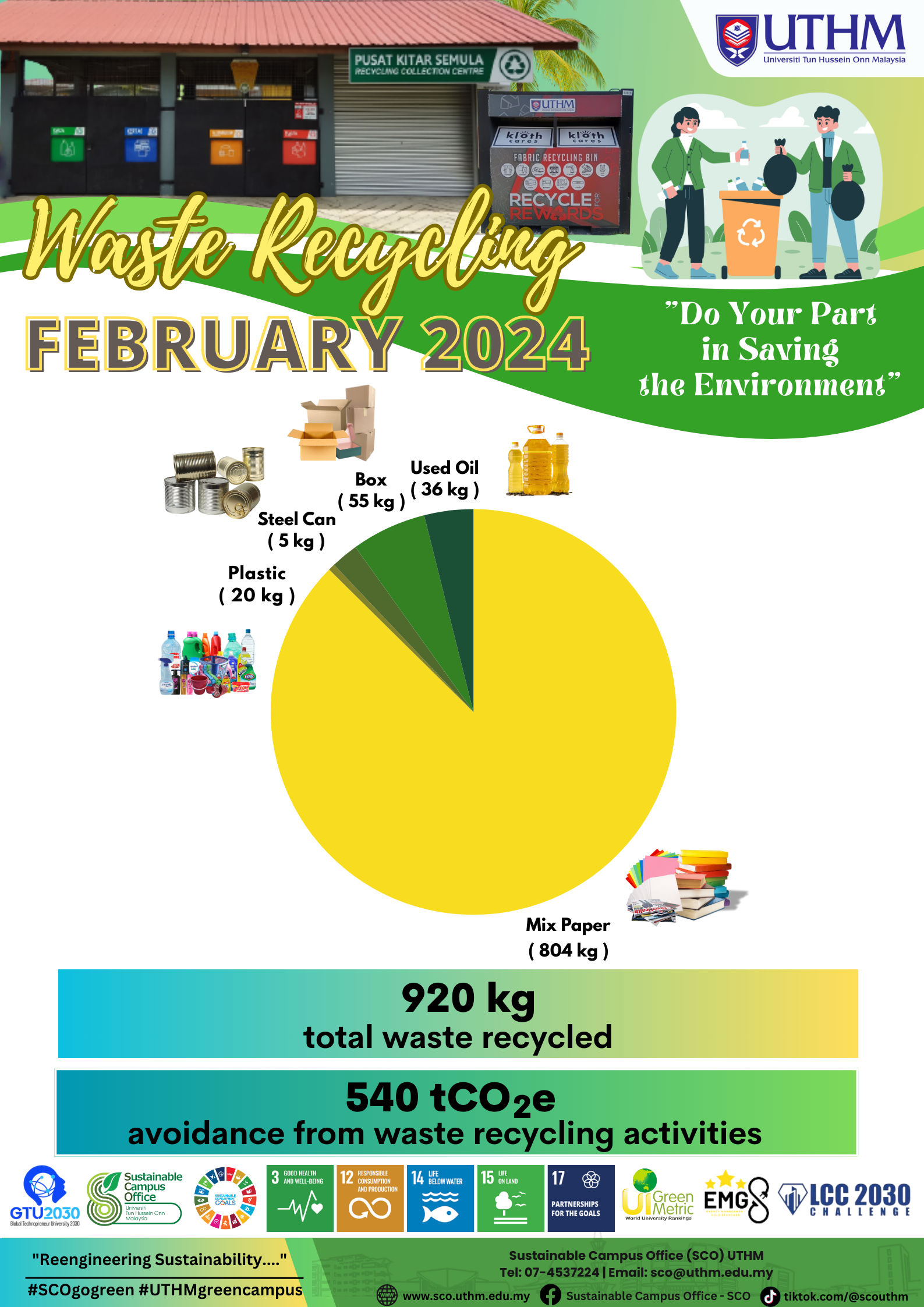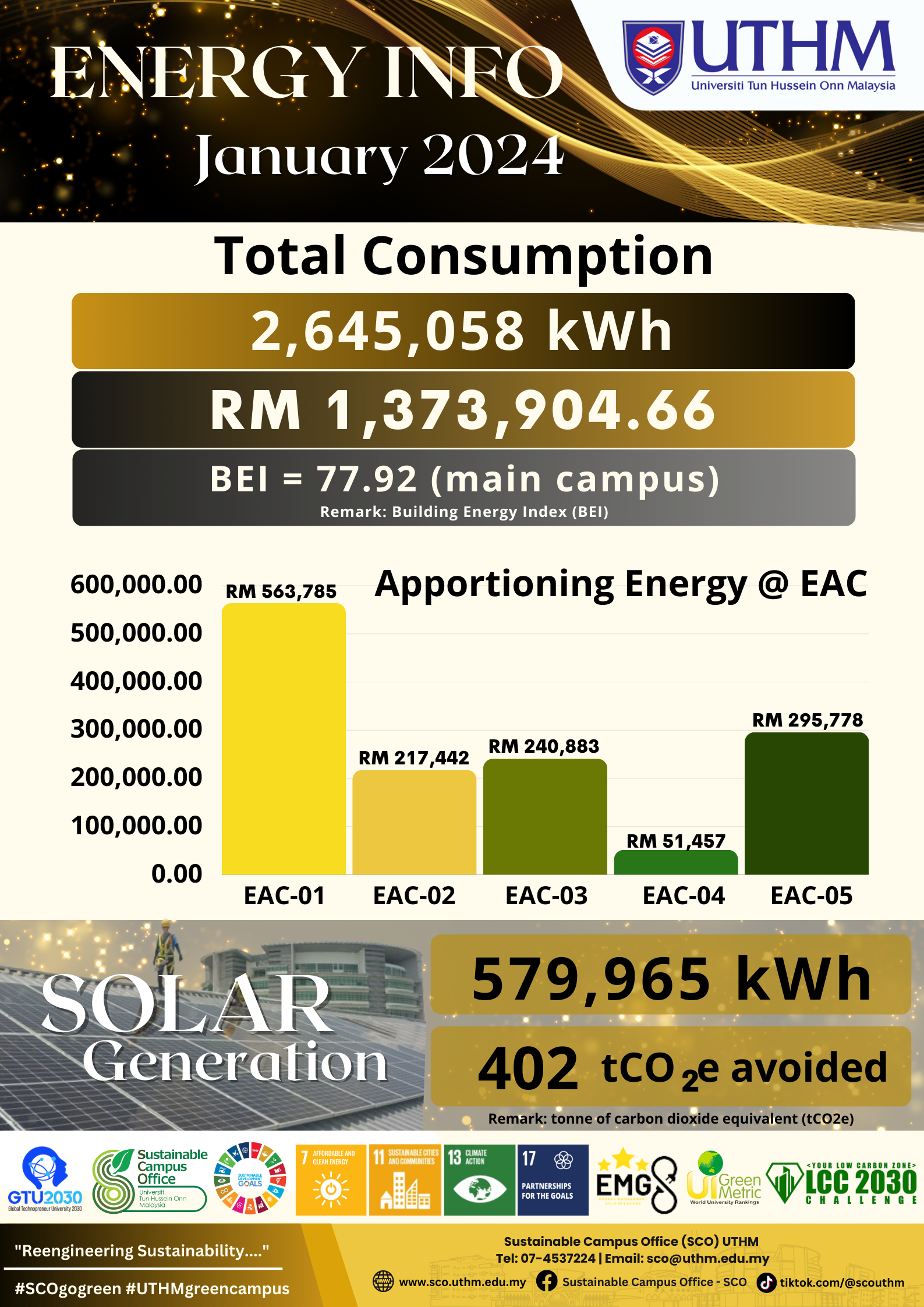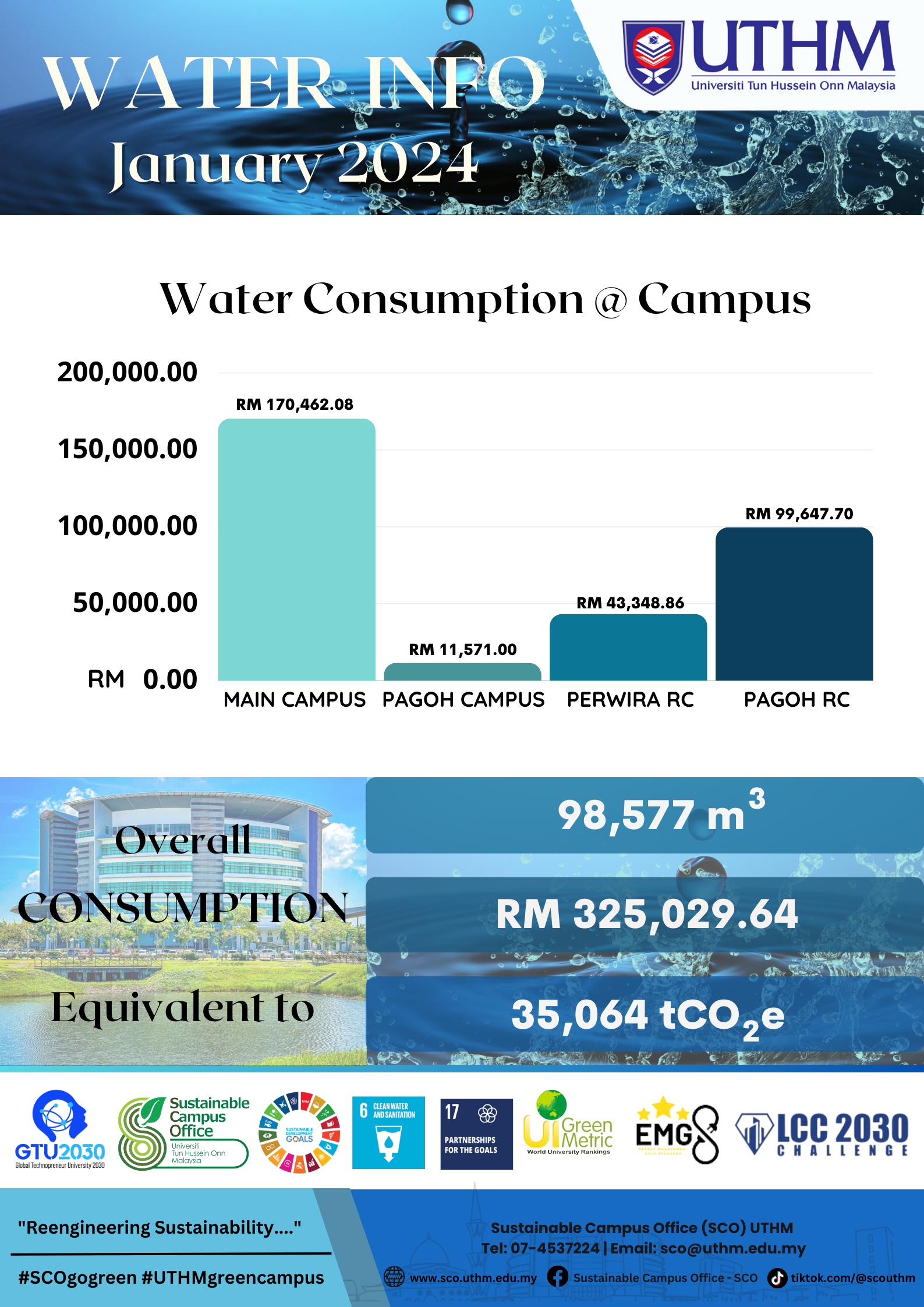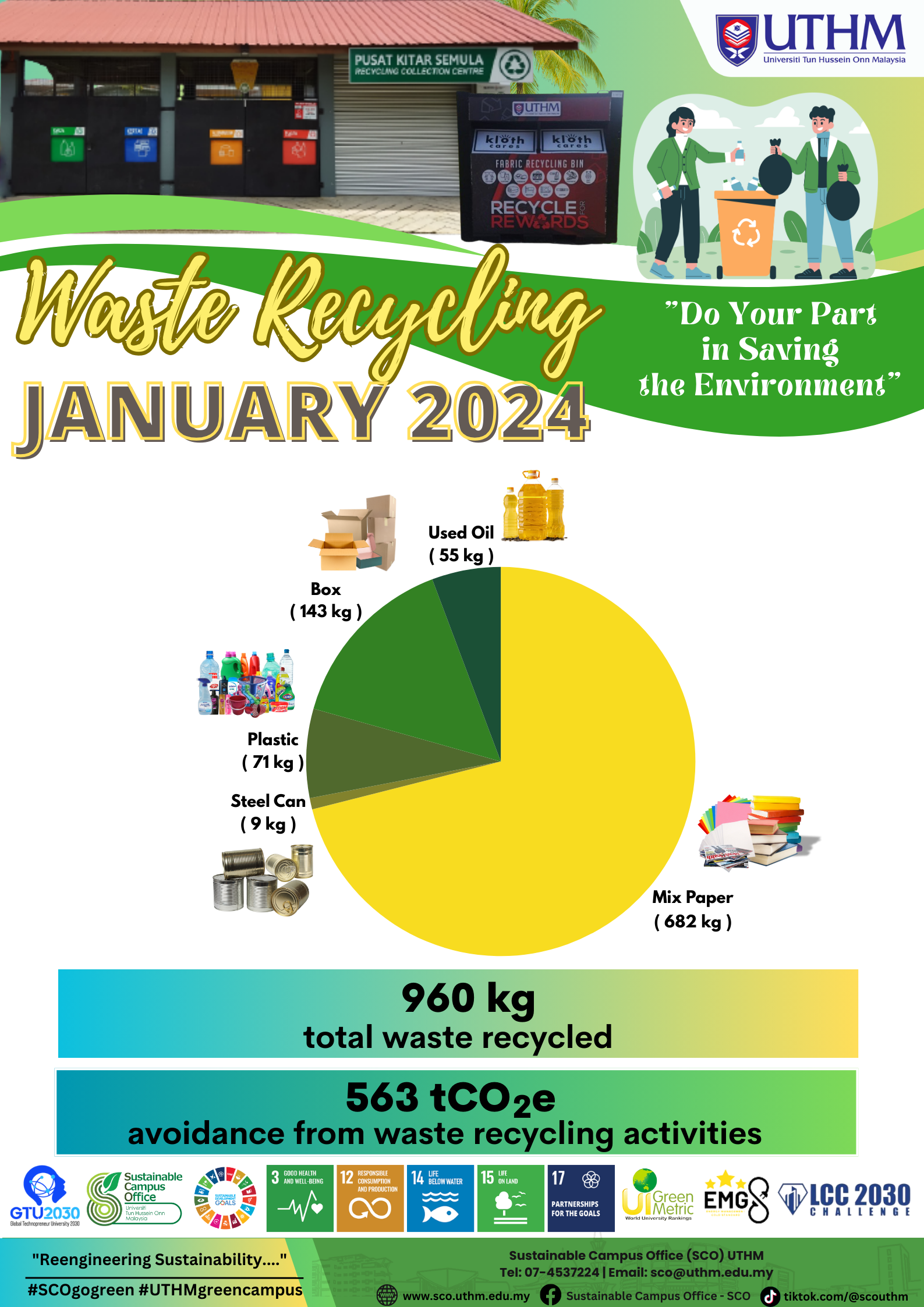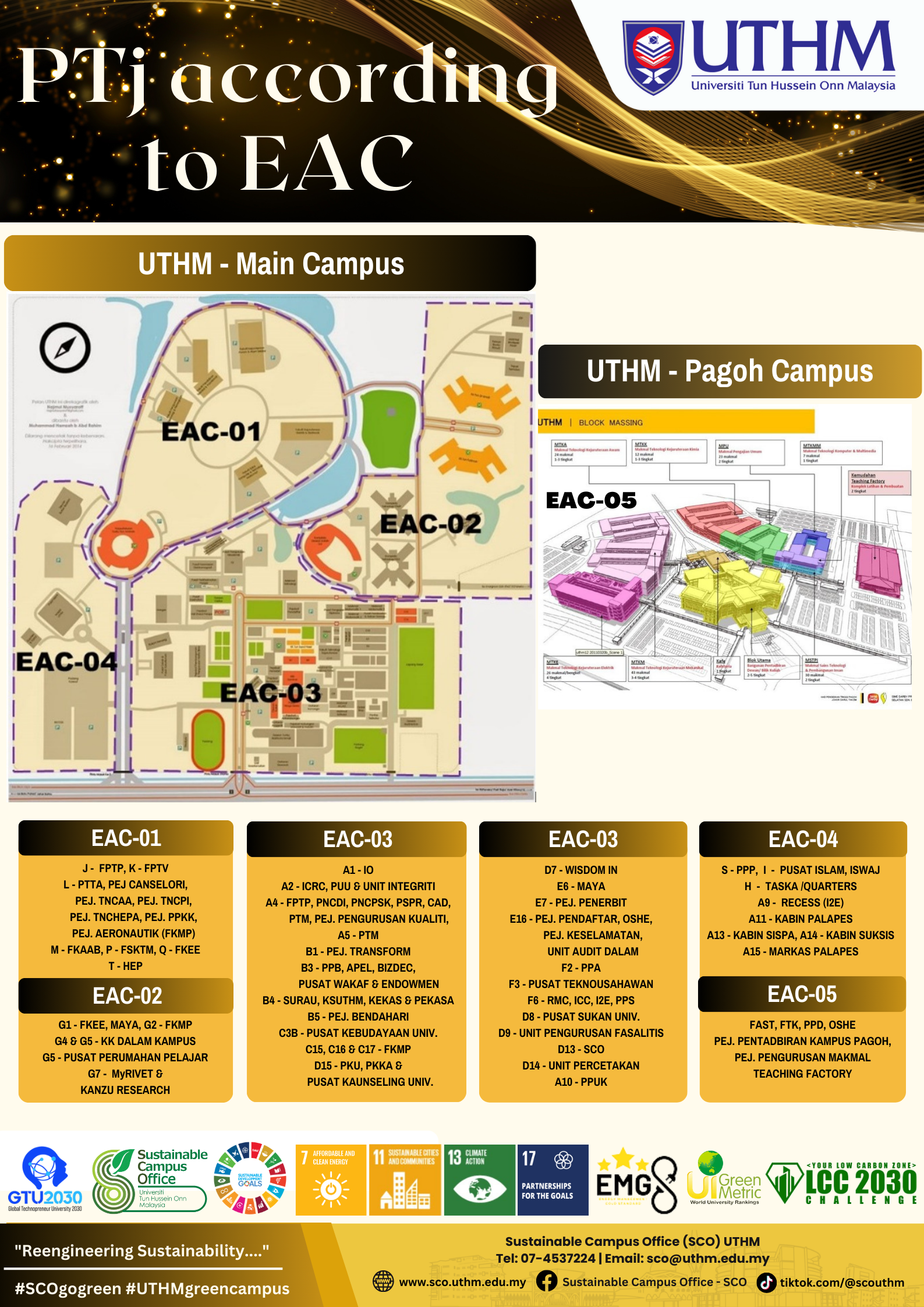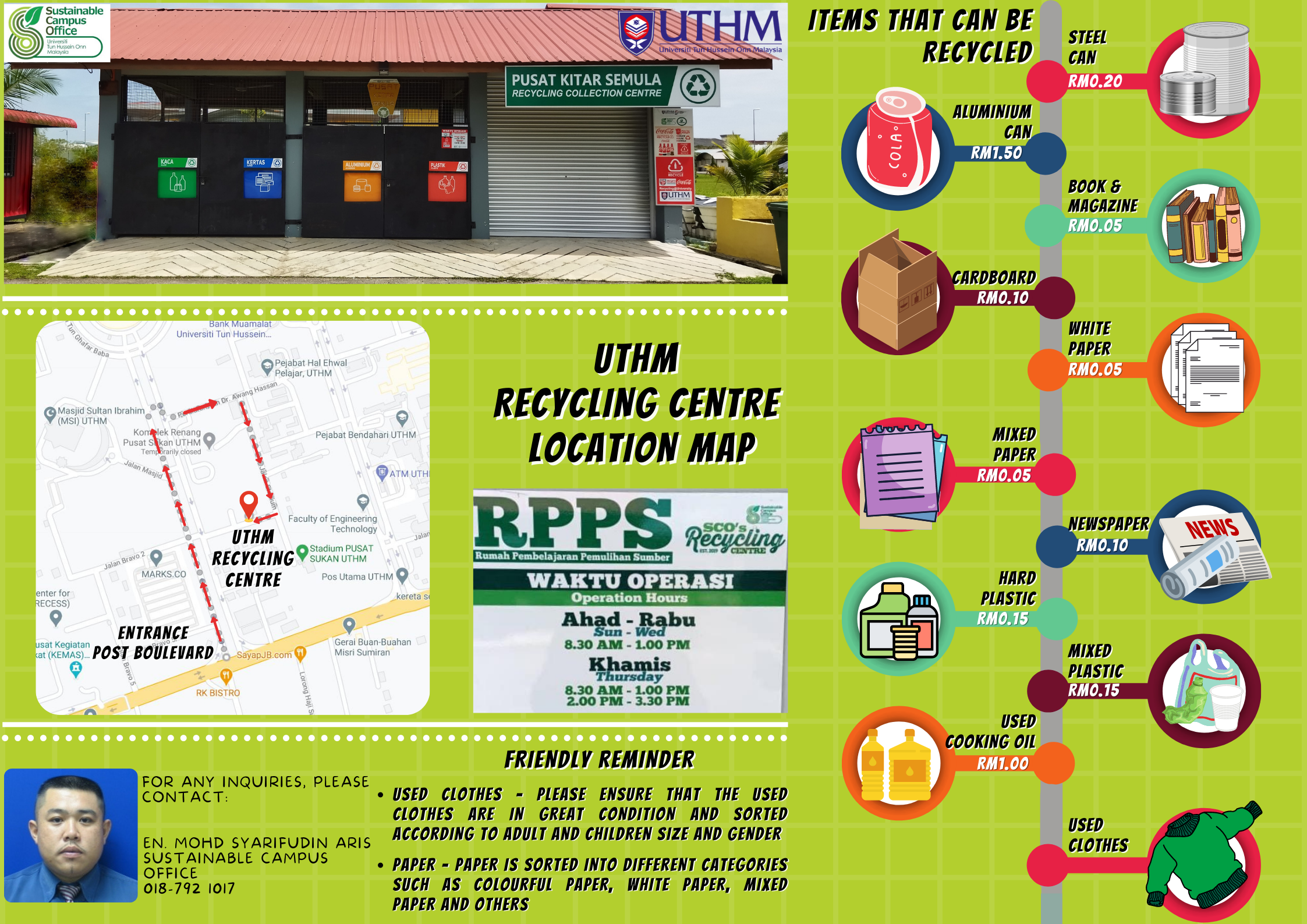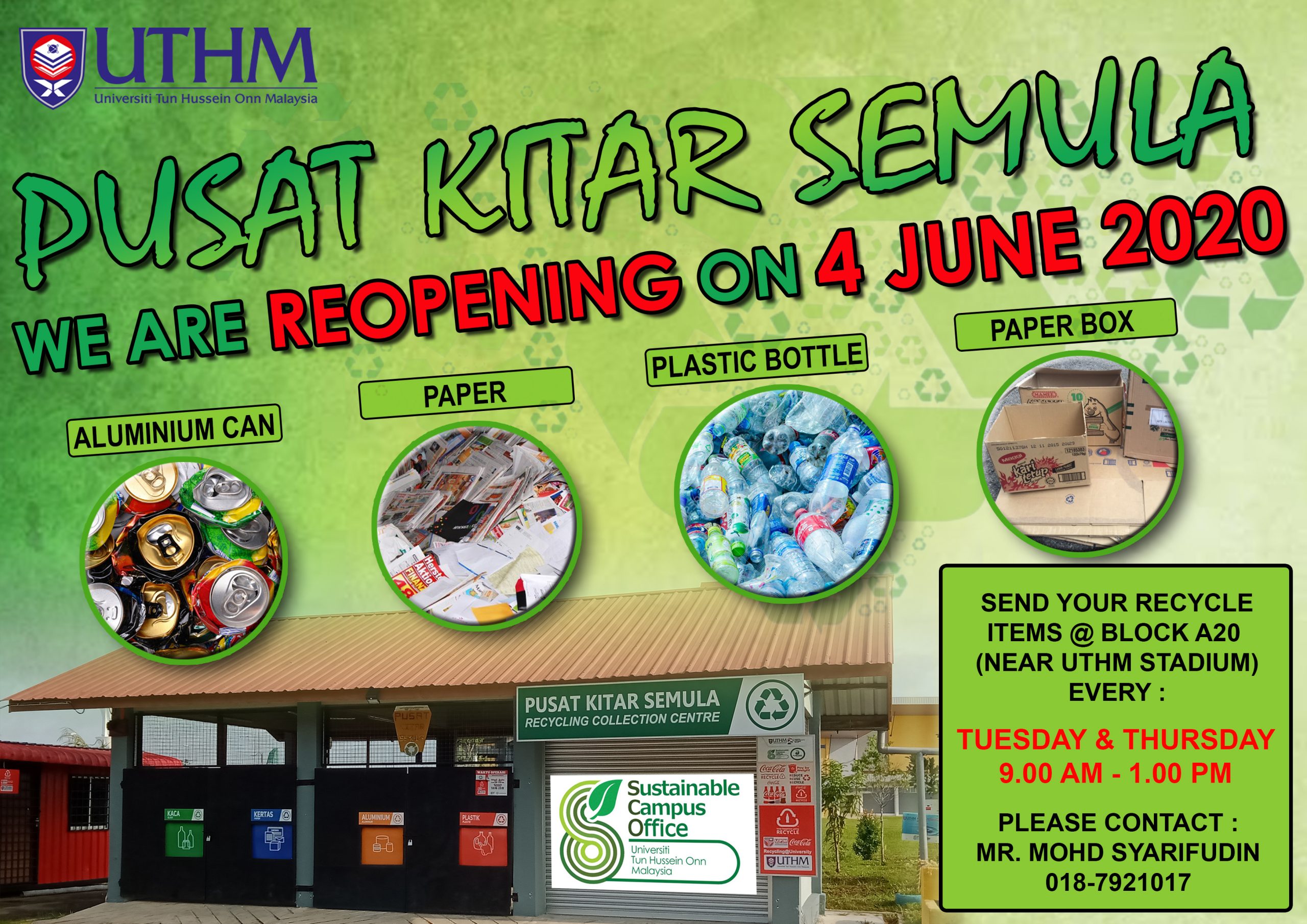6. Education & Research
Introduction
Education and research in sustainability-based areas has become an important issue in today’s society. Thus an abundance of education and research initiatives have grown at all levels in university. As learning does not take place in separate silos, the interconnection of different stakeholders is also seen as a necessity in education and research. The Malaysian Government has developed the sustainability policy which encourages educators and researchers to integrate the environmental/sustainability elements in the models for curriculum innovation. Education and research of sustainable development is about preparing the learner for an active role in society oriented towards sustainability. In this sense education and research of sustainable development is connected to the tradition of citizenship education, preparing students to become active citizens in society and to create research culture in the academic field. On the other hand education and research of sustainable development is opposed to current trends in education, influenced by global capitalism, and focusing on a managerial approach and economic efficiency demands.
In a context of active university a key point of education and research of sustainable development is to develop a deep understanding of which sustainability issues are at stake, now and in the future. However, the world is constantly and rapidly changing, what we think is sustainable today might not be sustainable tomorrow. Sustainability issues are characterised by complexity and uncertainty, and as a result education and research of sustainable development needs to evolve itself in order to be able to provide skills and competencies to cope with this complexity and uncertainty. In order to deal with future sustainability issues, universities need to become flexible, adaptive and resilient. The innovative strength of education and research of sustainable development could be the variety of approaches and stakeholders involved, creating new opportunities to foster the sustainability transition.
Strategic Aim
- To enable the active involvement of the University staff and students through education & research-related activities in creating a culture of environmental/energy and sustainability-based community.
Objectives
- Integrate full sustainability / environment within current programmes and curriculum
- Encourage active participation in non-formal education with an environmental bias
- Encourage and support the development of sustainability in teaching and learning
- Promote dissemination of research
- Encourage the involvement of the postgraduate students in environmental/energy and sustainability related research
- Develop consultancies platform for the community
- Educate and implement paperless office/campus
Key Performance Indicators (KPIs)
- Number of postgraduate students in environmental/energy and sustainability related research
- Students CLOs (Course Learning Outcomes) achievement percentage in environmental/energy and sustainability relevant modules/syllabus and courses
- Number of research grant/funding in environmental/energy and sustainability related research
- Number of publications in environmental/energy and sustainability related research
- Number of consultation projects in environmental/energy and sustainability related research
- Number of sustainable-based products commercialisation
Achievement & Reports
- Number of postgraduate research students in environmental/energy and sustainability related research to Faculties and Centre of Postgraduate studies
- Students and programmes achievement to the relevant faculties
- Number of publication and research grant/funding to ORICC (Journal articles in Scopus, ISI)
- Number of workshops and trainings in environmental/energy and sustainability
- Number of Intellectual property (IP) in sustainable-based products.
